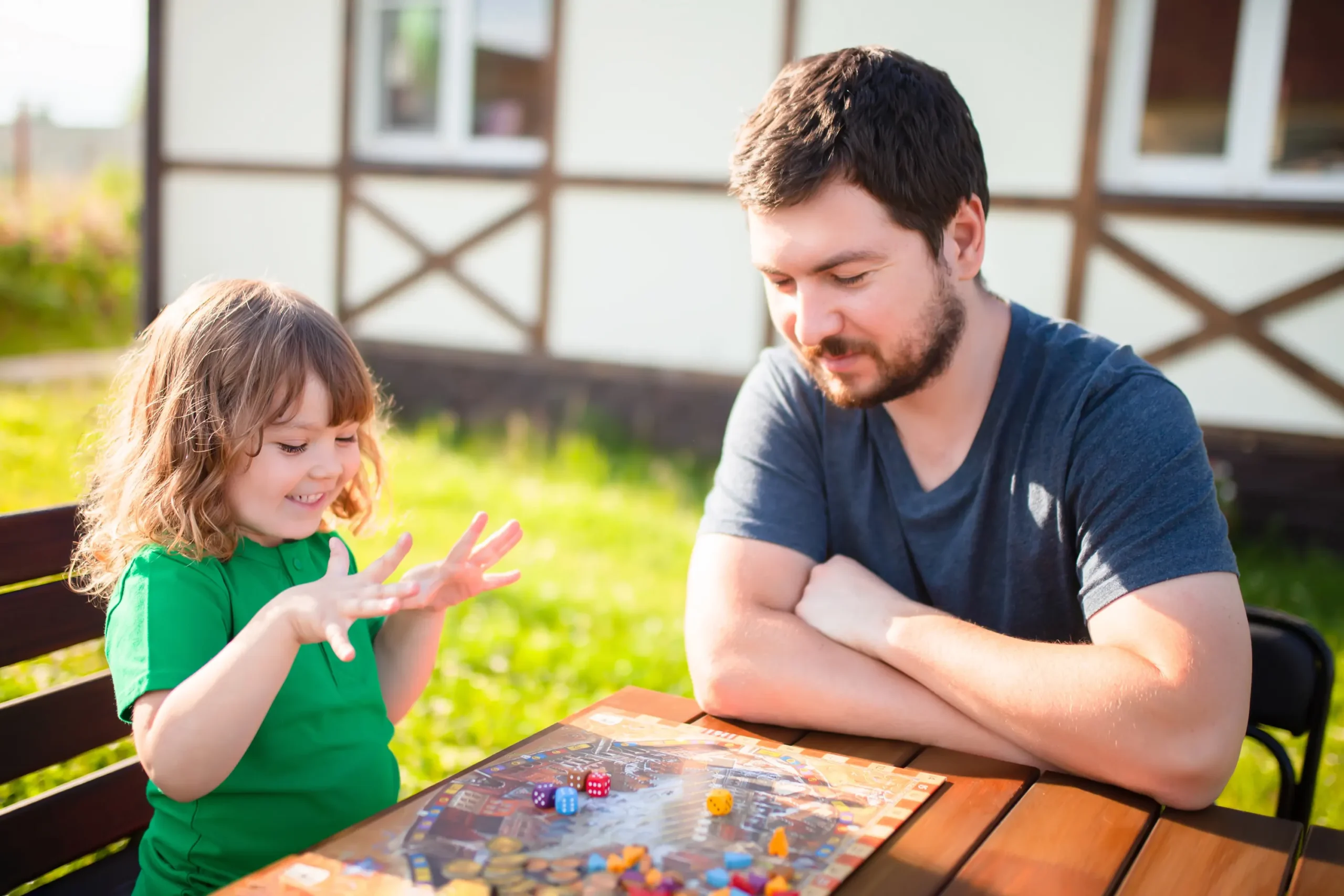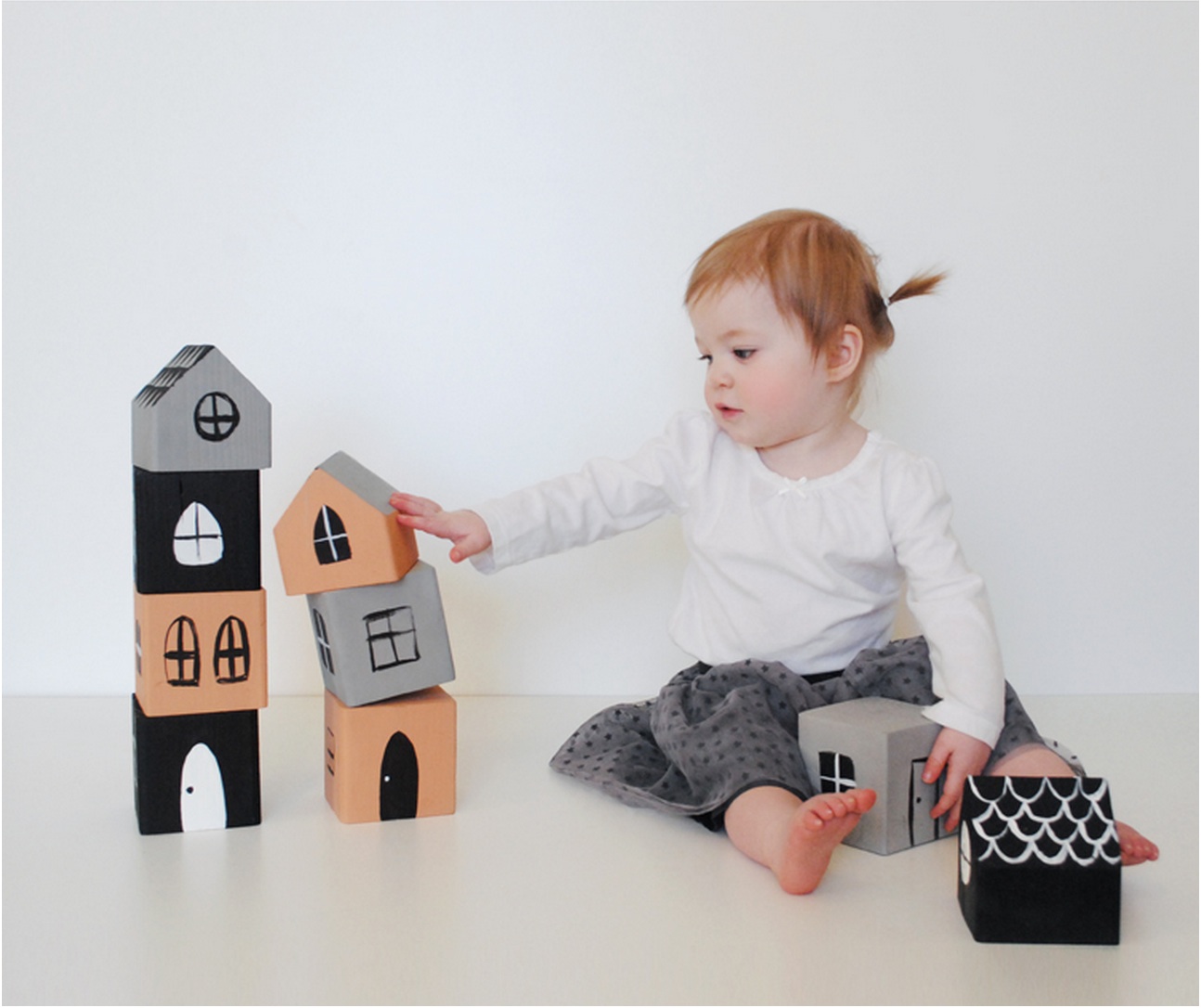
The Art of Apology: Nurturing Responsibility and Forgiveness in Our Kids
In the intricate tapestry of parenthood, where every stitch contributes to the unfolding narrative of our children’s lives, there exists a profound responsibility to impart values that transcend generations. Among these, the art of apology stands as a beacon, illuminating the path toward understanding, responsibility, and forgiveness. As fathers, we find ourselves at the forefront of shaping the moral compass of our children, weaving the threads of character and empathy into the fabric of their personalities.
In this article, we embark on a journey to explore the significance of apologies in the development of our kids. We’ll delve into the transformative power of acknowledging mistakes, taking responsibility, and embracing forgiveness. The art of apology is not merely a set of words; it is a transformative process that contributes to emotional intelligence, fosters accountability, and cultivates empathy.
Together, let us unravel the layers of this art, uncovering practical ways to guide our children through the nuanced terrain of sincere apologies and genuine forgiveness. By understanding and embracing the essence of the apology, we empower our children to navigate the complexities of human relationships with grace and resilience.
Why Apologies Matter:
- Building Emotional Intelligence – Apologizing requires the recognition of one’s own emotions and understanding the impact of actions on others. By guiding our children through the process of apologizing, we help them develop emotional intelligence, a crucial skill for navigating relationships.
- Fostering Accountability – Apologizing goes hand-in-hand with taking responsibility for one’s actions. When children learn to say sorry, they are also learning to be accountable for their behavior, a cornerstone of personal growth and maturity.
- Cultivating Empathy – Apologizing involves acknowledging the feelings of others and expressing empathy. Teaching our kids to apologize encourages them to consider the emotions of those around them, fostering a sense of empathy that will serve them well in all aspects of life.
Steps to Meaningful Apology:
- Acknowledge and Reflect – Guide your child to reflect on their actions and understand the impact on others. Encourage them to recognize their emotions and the emotions of those they may have hurt.
- Take Responsibility – Help your child understand that it’s okay to make mistakes but taking responsibility for those mistakes is equally important. This instills a sense of accountability and integrity.
- Express Genuine Remorse – Teach your child to apologize sincerely. Emphasize the importance of expressing genuine remorse, making it clear that a heartfelt apology is more than just words – it’s an acknowledgment of the impact of their actions.
- Make Amends – Discuss ways your child can make amends for their actions. Whether through a kind gesture, helping out, or finding a solution, this step reinforces the idea that apologies should be accompanied by positive actions.
The Role of Forgiveness:
- Encourage Forgiveness – Teach your child that forgiveness is a gift they give to themselves as well as others. Emphasize that letting go of resentment and anger can lead to personal growth and stronger relationships.
- Model Forgiveness – Children learn by example. Model forgiveness in your own life, whether in your relationships or when addressing mistakes. Show them that forgiveness is a strength, not a weakness.
- Communication is Key – Encourage open communication about feelings. Discuss the importance of expressing emotions and how healthy communication contributes to resolving conflicts and fostering forgiveness.
In the journey of parenting, where the brushstrokes of our guidance create the canvas upon which our children paint their futures, the art of apology emerges as a masterpiece within the tapestry of character development. As fathers, we play the role of artist and mentor, instilling in our children the profound lessons of responsibility and forgiveness through this powerful practice.
The art of apology is not confined to the mere utterance of “I’m sorry.” It is a dynamic process that involves self-reflection, acknowledgment, and a commitment to positive change. By teaching our children to navigate this delicate dance, we provide them with a compass that will guide them through the twists and turns of relationships in the years to come.
Moreover, the ripple effects of this art extend beyond the individual, creating a culture of empathy and understanding within our families and communities. As we encourage our children to apologize sincerely and forgive wholeheartedly, we contribute to the building of a more compassionate world, one where the strength of character and the capacity for understanding hold immeasurable value.
In the tapestry of life, let the threads of responsibility and forgiveness be woven with intention, creating a legacy that withstands the tests of time. As fathers, we have the privilege and the duty to impart these values, and through the art of apology, we offer our children a map for navigating the complexities of human connection—a map that leads to stronger bonds, resilient hearts, and a future built on the pillars of compassion.




